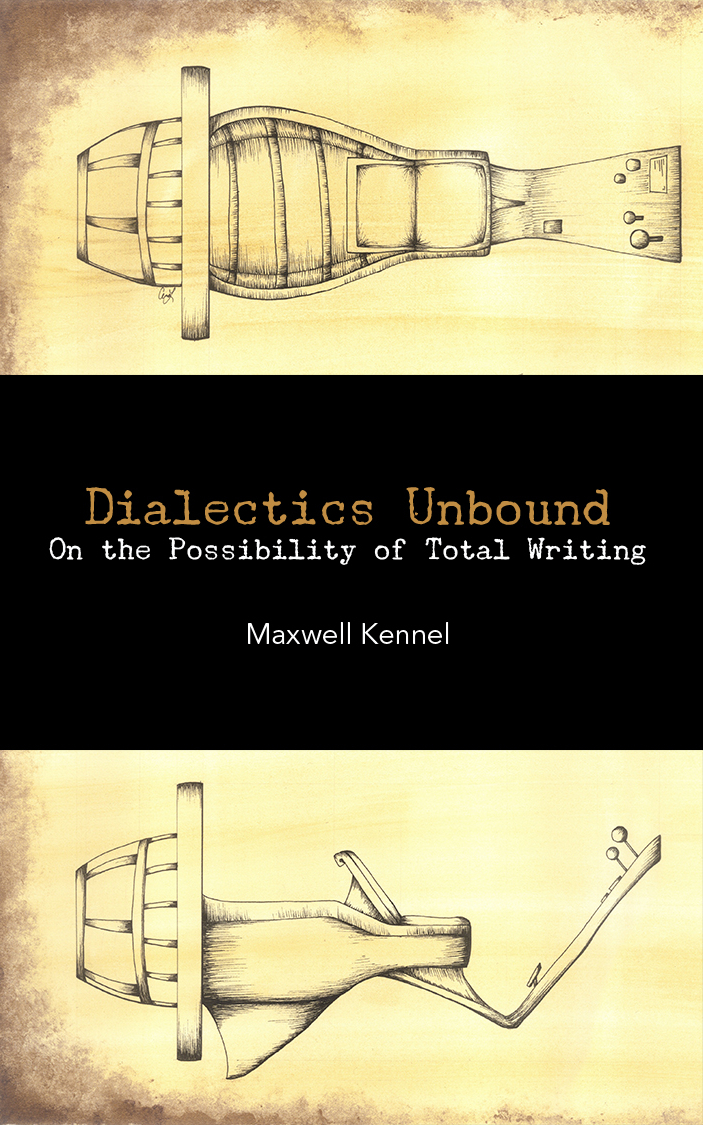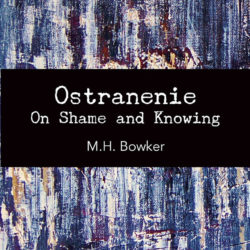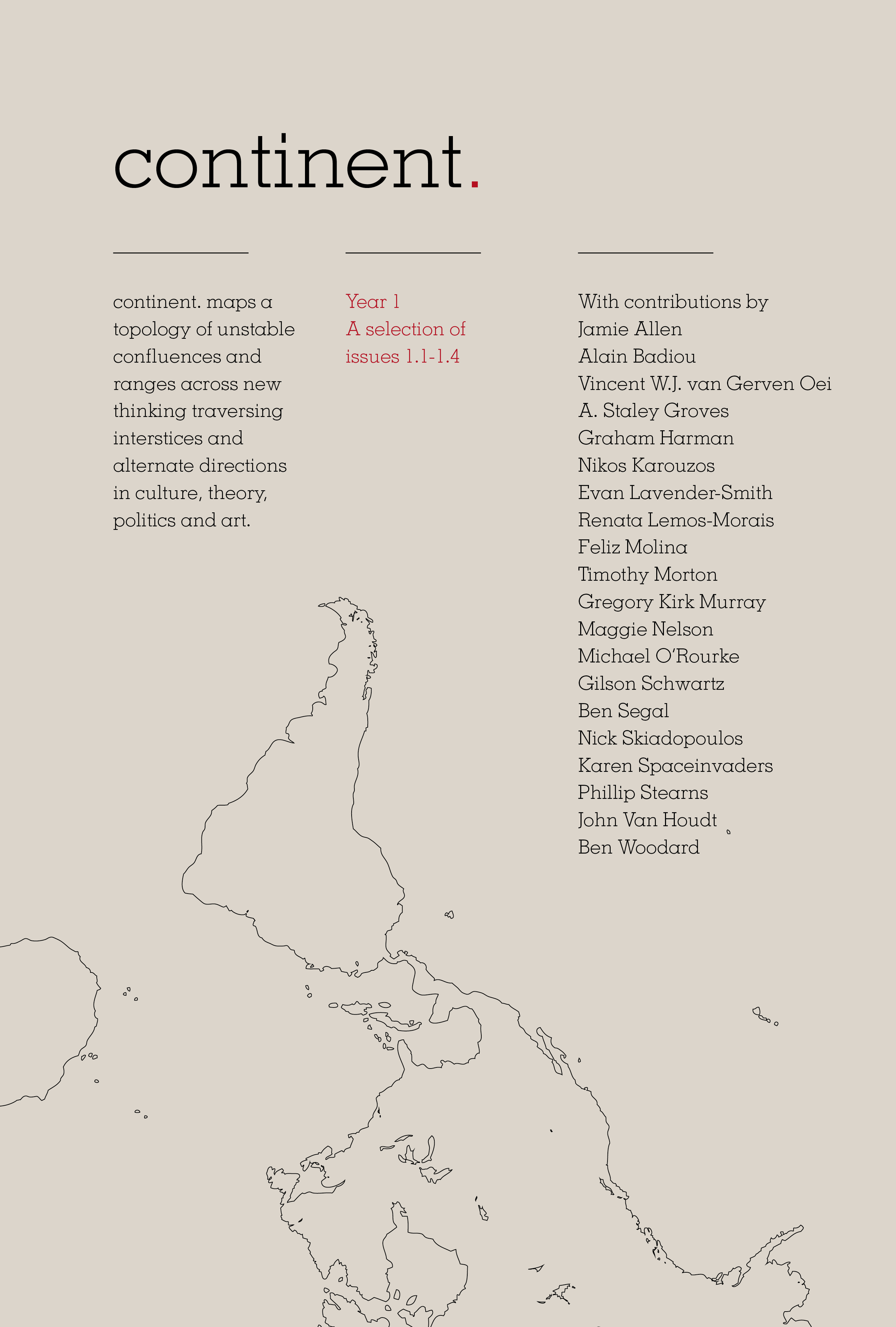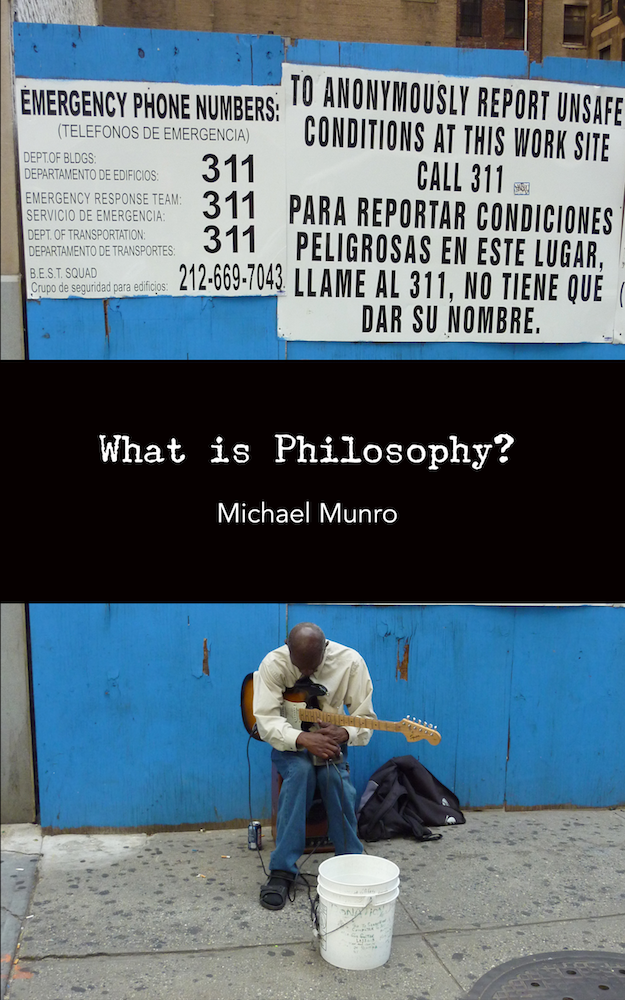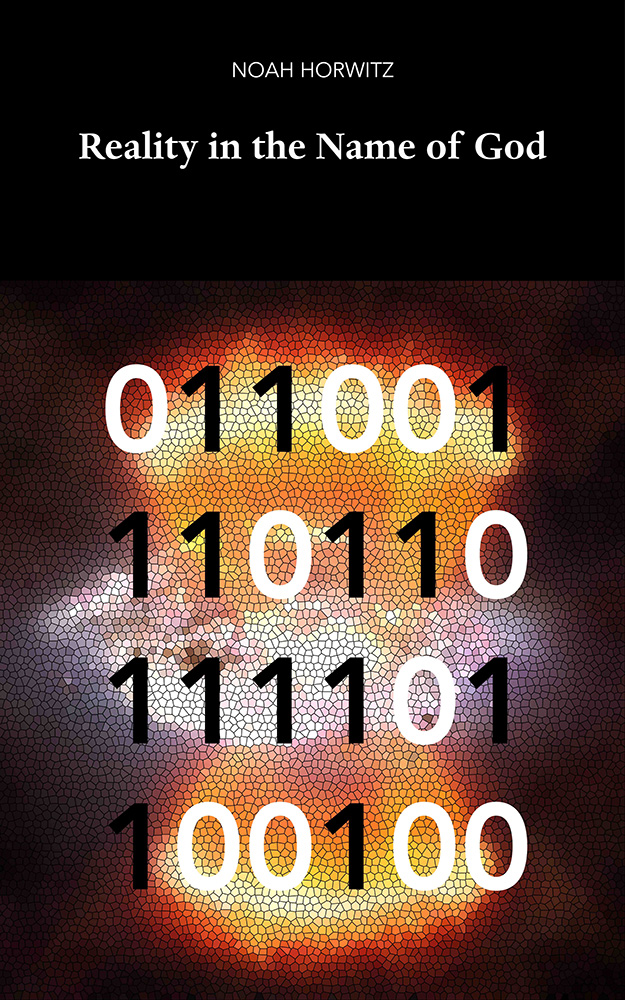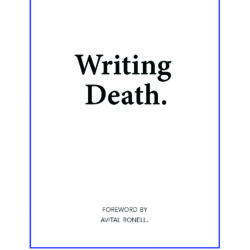Dialectics Unbound: On the Possibility of Total Writing
Imprint: Dead Letter Office
Published: 06/28/2013
Dialectics Unbound: On the Possibility of Total Writing re-imagines figures of ontological totality, in and out of writing, first by exploring some lineages of the dialectic, and second by engaging thinkers such as Theodor Adorno and his assertion of nonidentity, Julia Kristeva and her positing of a fourth term of the dialectic, and Fredric Jameson’s[…]

